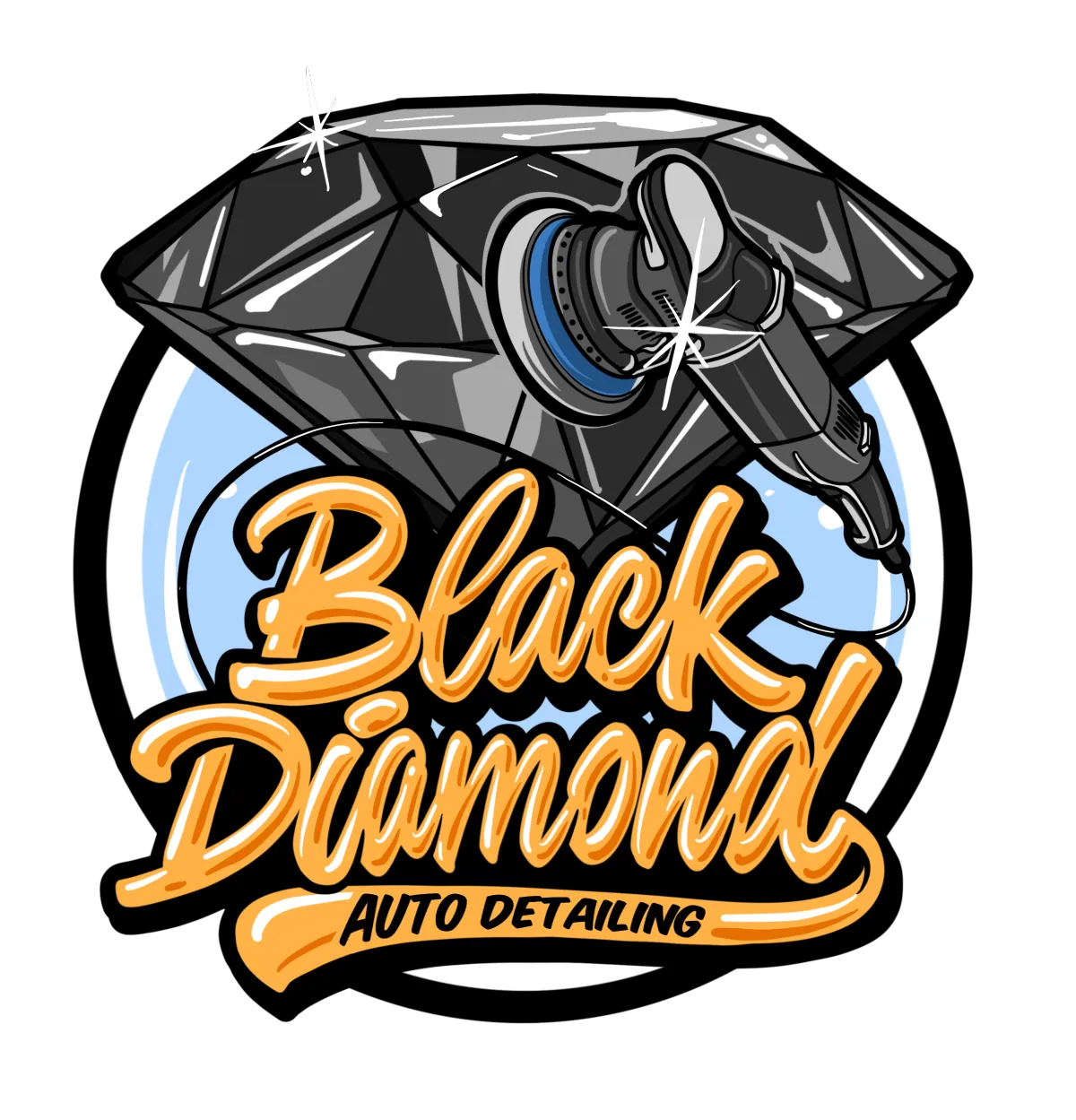
5 Signs Your Car Needs Professional Paint Correction
Your car’s paint is one of its most prominent features, and keeping it in excellent condition is key to maintaining its value and appearance. Over time, factors such as exposure to the elements, improper washing techniques, and daily wear can cause your paint to lose its shine. If your vehicle’s paint isn’t looking its best, it may be time for professional paint correction. Here are five signs that indicate your car could benefit from this service.
1. Swirl Marks and Light Scratches
Swirl marks are fine, circular scratches that often result from improper washing or drying techniques. They tend to be most visible in direct sunlight and can make your car’s surface appear dull and uneven. Additionally, light scratches from road debris or minor impacts can contribute to a lackluster finish. If your car has noticeable swirl marks or small scratches, professional paint correction can restore its smooth, glossy appearance.
Paint correction uses machine polishing to remove these imperfections from the clear coat, leaving your car with a flawless, like-new finish.
2. Water Spots and Etching
Water spots can form when your car is exposed to rain, sprinklers, or hard water. These spots occur when minerals in the water dry on the paint, leaving behind unsightly marks. Over time, this can lead to etching, where the spots actually eat into the clear coat. Contaminants like bird droppings and tree sap can also cause similar damage, leading to long-term blemishes on your vehicle's surface.
If you notice water spots or etching on your car, professional paint correction can remove them and restore the smoothness of your vehicle’s finish. It can also help prevent future damage by applying protective coatings.
3. Dull and Lackluster Paint
If your car’s paint has lost its original gloss and shine, and waxing no longer restores its luster, it may be time for paint correction. Environmental factors like dirt, pollution, and road grime can cause the clear coat to become scratched or contaminated, making the paint look dull. This is a clear sign that the surface needs deeper care beyond just washing and waxing.
Professional paint correction removes microscopic imperfections and contaminants, revealing a glossy, reflective surface that looks as vibrant as when your car was new.
4. Holograms or Buffer Trails
Holograms, or buffer trails, are faint, rainbow-like patterns that appear on your car’s paint after an improper polishing job. These marks are usually left behind by inexperienced detailers who use incorrect polishing techniques or low-quality products. Although they don’t permanently damage the paint, they can be highly visible in sunlight and detract from your car’s overall appearance.
A skilled professional can use paint correction to remove holograms by re-polishing the surface with the proper tools and techniques, leaving your car with a flawless, mirror-like finish.
5. You’re Planning to Sell Your Car
If you’re considering selling or trading in your vehicle, paint correction can be a great way to maximize its resale value. Potential buyers are more likely to be attracted to a vehicle with a flawless, glossy exterior. Small imperfections like swirl marks, water spots, or dull paint can make your car appear older and less cared for, potentially lowering its value.
Investing in paint correction before listing your vehicle for sale can help you command a higher price and make a stronger impression on potential buyers.
If your vehicle’s paint shows signs of wear such as swirl marks, water spots, dullness, or holograms, it may be time to consider professional paint correction. This specialized service removes imperfections and restores your car’s exterior to its original shine and smoothness. With paint correction, you can protect your car’s value, enhance its appearance, and enjoy a more flawless, head-turning finish that will make your vehicle stand out on the road.
